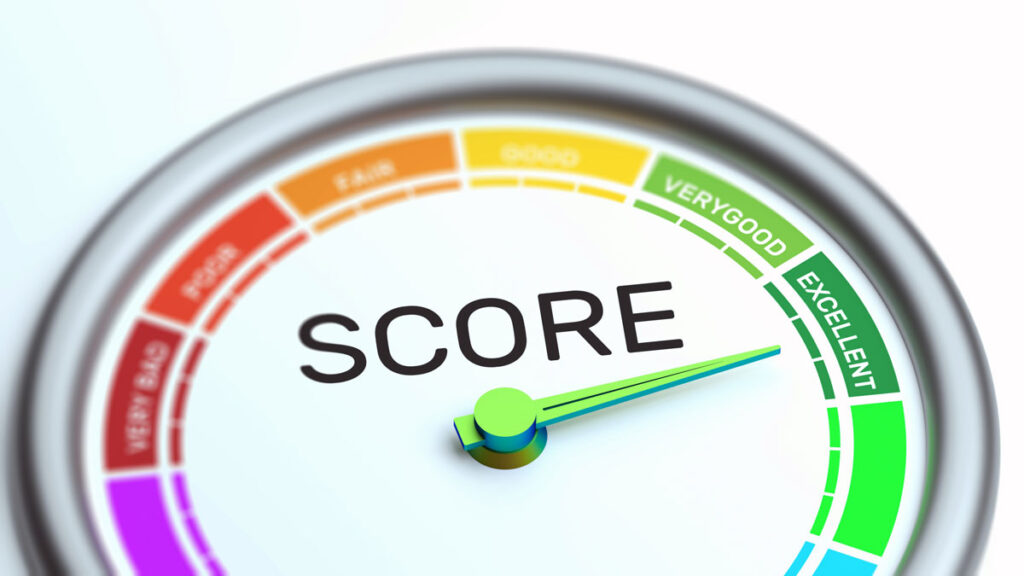Understanding credit scoring
What is a credit score and what does it do?
Credit scores are a key decision in whether a lender decides to offer someone a mortgage. Yet, what is it and why is it so important?
A credit score predicts how likely you are to pay back a loan on time. Your scores depend on your credit history.
The lender essentially is trying to predict whether you are likely to pay back given money. To do this, they look at your credit history and the amount of debt someone has or has had in the past. If someone has a history of missed repayments, a lender may have less confidence that this person could pay back the loan they hand to them.
To put it simply, they try to predict your future behaviour, based on your past actions.
A credit score will include:
- A list of your credit card accounts.
- Your payment history and whether you pay bills on time.
- People you are financially linked to.
- County Court Judgements.
- Whether you’re on the electoral vote.
- If you have committed fraud.
The higher the score, the better.
If you have a poor credit score, you may be offered your loan at a higher interest rate – meaning there’ll be more money to pay.
What does your credit score have an affect on?
It has a huge effect on your ability to get any form of loan – particularly when applying for a mortgage. Your credit score is used to determine whether your application is accepted and if so what you end up paying. You may be rejected if it is poor.
Something more common which your credit score can have an affect on, is getting a mobile phone contract. This is essentially a loan, as you are paying for something that isn’t entirely yours yet. You may not be able to get a contract if your score is poor.
If your sat there thinking, I’m fine because I’ve never borrowed anything before, be careful – you may still come across issues. This is because it is difficult for lenders to assess the risk of lending you the money. It is always helpful to have some form of credit in your name. Small things can make the biggest difference, for example, by making your mobile phone contract in your name so you become the person who pays the monthly bill. This then gives Lenders an example that shows you can pay back the money owned on time.
What can be done to improve your score?
If you have read all this and have become worried that your score may not be ‘perfect’, don’t panic. Below are just several small things you can do to help improve your score:
Register to vote: The electoral vote includes your name, address, and previous addresses. Lenders need proof of these details, and if you’re not on the vote, it becomes more of a hassle. You want them to have all the information they can possibly have so that they can work out the score easily and quickly.
Make payments on time.
Close unused accounts.
Have some bills in your name: Utility bills, such as your gas bill, count as a form of credit. Having small bills in your name will give examples to the lender, so they can feel confident.
Credit Card usage:
You can grow your credit score by using a credit card regularly, but sensibly. For example, paying your bills and spending small amounts each month. It shows you are prioritising bills and demonstrates how you are not spending franticly.
If you have any credit concerns or questions, speak to an adviser at Prospect. We give impartial and honest advice. Our sole goal is to give a smooth and comfortable experience throughout the mortgage journey.




